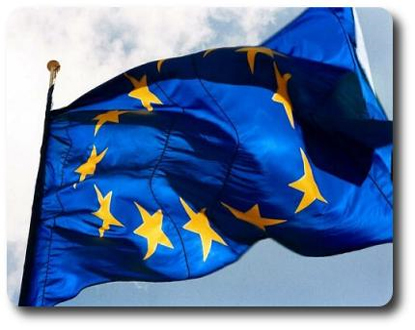The escalating tension between European democracies and international financial markets is not likely to subside, and no one knows what outcome to expect.
The markets have their own ruthless rhetoric. They threaten to stop lending to Europe, but without loans or bonds, it will be nearly impossible for the EU to maintain the standard of living and social benefits that have defined the functioning of its societies since the end of World War II.
Indeed, markets tend to direct funds towards Eastern Europe, where people are accustomed to a lower standard of living and where democracy operates differently.
The Awakening of the Opposition Instinct
The extent of the changes and sacrifices required to meet the targets set by financial markets is considerable, even insurmountable, particularly for Southern Europe. No country is willing to accept a radical and comprehensive challenge to its standard of living—and for the worse—without reacting violently; it’s inevitable.
European elites, concentrated in Brussels and Berlin, were convinced that the transition to a system based on competition and economies would be a politically manageable process.
This may have proven true in some Northern European countries that understand the concept of a social contract and withstand adversity better. However, in the cases of Greece and Italy, severe reforms and restrictions have been tough to swallow and were adopted painfully. In these countries, austerity awakens an instinct that calls for opposing any measure that disrupts the status quo and strengthens the tendencies of these societies to oppose the system.
Democracy Reaches Its Limits
How to break out of this vicious circle? Nobody knows. The crisis has deepened and worsened the cultural and political divisions—which were already significant—between different European countries. And now, financial markets seem reluctant to compromise. The risk of Europe entering a prolonged phase of instability and economic difficulties looms over us, just as markets continue to increase their margins and some citizens vote for politicians like Beppe Grillo in Italy.
The limits and strengths of democracy will be severely tested, even if European democracy often seems like a superficial institution.
Meeting the Democratic Challenge
Elections in Italy have reinforced the view held by many of a certain elite that democracy—or at least unrestricted democracy—doesn’t work. According to them, left to their own devices, voters continue to prefer low taxes and high spending.
Is there another solution? Why not place more trust in the voters?
Perhaps giving people more responsibilities so that they behave more responsibly?
The example comes from Switzerland, where citizens are given significant political responsibility through regular referendums.
What’s the moral? Treat voters as children and you will reap sulking and anger. Treat them as adults and you will have… Well, you will have Switzerland!


